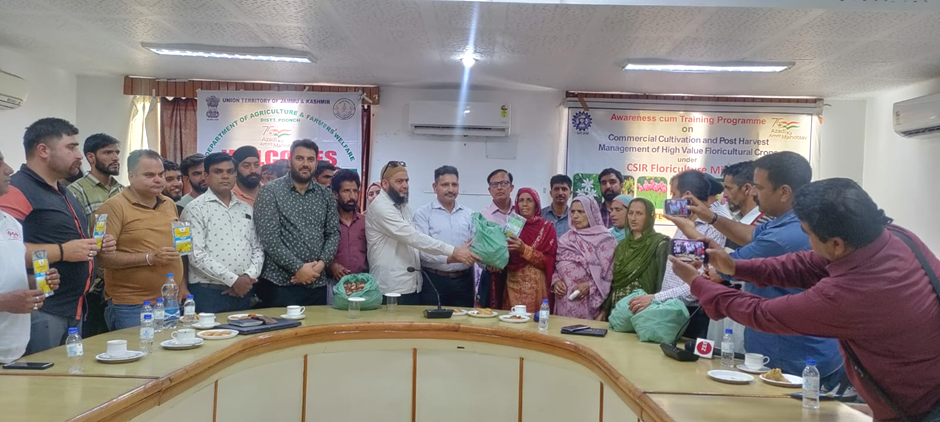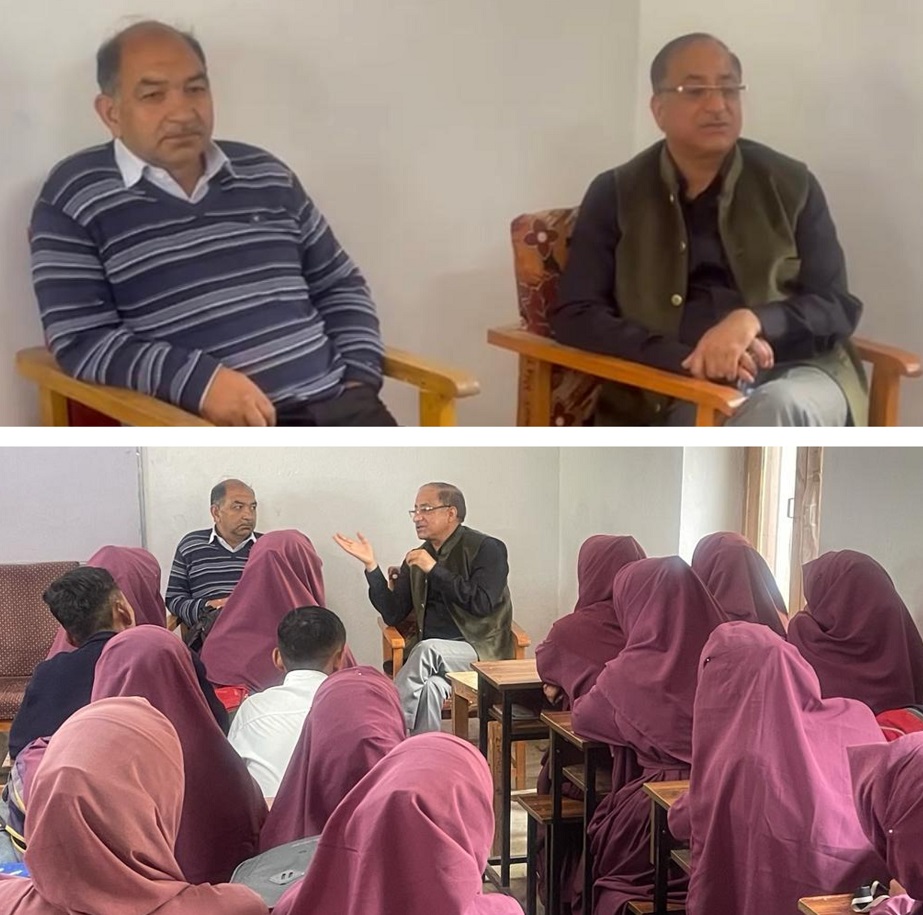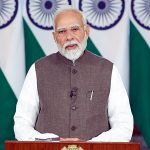Srinagar, May 27: The Sher-e-Kashmir University of Science and Technology (SKAUST), Shalimar, is currently hosting the 8th International Nanotechnology Conference organized by the National Institute of Technology (NIT), here, where distinguished academicians from IITs and renowned universities across the country are showcasing their works under the theme “Nanotechnology for Better Living” (NBL-2023).
The conference has attracted top-notch professors from various Indian Institutes of Technology (IITs) and universities across the country, who are presenting their groundbreaking research work.
This event has also provided students and scholars with a rare opportunity to interact with world-class academicians from abroad, who actively shared their expertise and insights during the conference, enabling them to gain valuable insights into the field of nanotechnology.
The conference is focused on exploring the diverse applications of nanotechnology in our day-to-day lives. The discussions have shed light on how nanotechnology plays a crucial role in various spheres, including medicine, metallurgy, semiconductor technology, environment, health, satellites, and remote sensing.
Another expert said that nanotechnology has significantly influenced the semiconductor industry.
“The ability to manipulate materials at the atomic and molecular level has led to the production of smaller, faster, and more energy-efficient electronic devices,” he said “Nanoscale transistors and memory chips have revolutionized the world of electronics, enabling the development of powerful smartphones, computers, and other portable devices.”
The impact of nanotechnology, the experts said, is not limited to these areas alone. It has also contributed to environmental conservation through the development of nanomaterials for pollution remediation and water purification.
Nanosensors have enabled the real-time monitoring of air and water quality, aiding in the detection and mitigation of environmental hazards.
Moreover, nanotechnology has found applications in the field of satellite technology and remote sensing. Nanosatellites equipped with nanosensors have enabled precise monitoring of weather patterns, climate change, and natural disasters. These small yet powerful satellites provide valuable data for scientific research and facilitate better disaster management strategies.
Commenting on the sessions, Prof M A Shah, who heads the Department of Physics at the NIT Srinagar, said the diverse expertise and groundbreaking research presented by esteemed academicians have truly enriched our understanding of nanotechnology and its vast applications.
“It is a privilege to bring together such brilliant minds to foster knowledge exchange and pave the way for advancements in the field,” Prof Shah said.
The conference is being organized by the National Institute of Technology (NIT) Srinagar, in collaboration with the Indian Institute of Technology (IIT) Banaras Hindu University (BHU), Varanasi, and various universities including Parul University, the University of Kashmir, and SKUAST-K.
The event garnered widespread interest, attracting students from both government and private educational institutions across the valley. Professors and lecturers from various schools were also invited to partake in this enlightening gathering, fostering a spirit of learning and collaboration.
NIT’s conference on ‘Nanotechnology’ attracts top-notch professors

Leave a Comment
Leave a Comment







